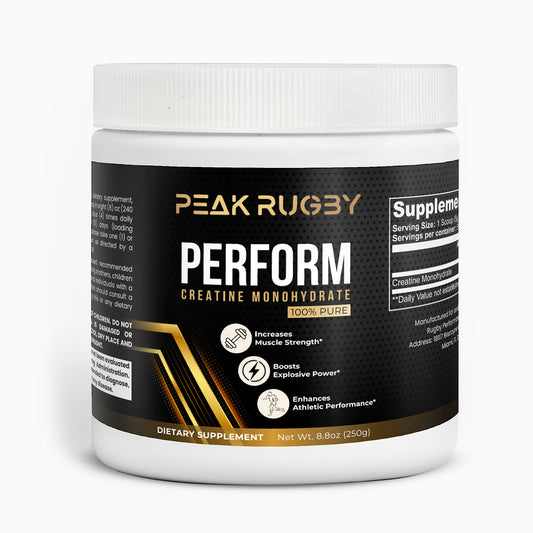For years, fitness magazines, trainers, and even some nutritionists have pushed the idea that eating every 2–3 hours “keeps your metabolism firing” and helps you burn more fat. The logic sounds convincing — smaller, frequent meals should keep your body working harder to digest food, right?
But here’s the reality: meal frequency alone doesn’t make or break your metabolism. Whether you eat 3 times a day or 6, what matters most is your total calorie and nutrient intake over the day — not how you space them.
In Part 2 of the Nutrition Myths Series, we break down where this belief came from, what the science actually says, and how to choose a meal schedule that supports your performance, recovery, and lifestyle.
Here’s how the series looks:
- Part 1: Fasted Cardio Burns More Fat — Fact or Fiction?
- Part 2: Eat Every 2–3 Hours — Does It Boost Metabolism?
- Part 3: Eating Fat Makes You Fat — The Real Story
- Part 4: Protein Shakes Hurt Your Kidneys — Science or Scare?
- Part 5: Build Muscle Without Supplements? — Here's the Edge
- Part 6: Skipping Breakfast Kills Metabolism — True of False?
- Part 7: Detox Cleanses Work — Or Just Marketing?
- Part 8: All Sugar Is Bad — What's the Truth?
- Part 9: Low-Calorie Diets Work Fast — But at What Cost?
- Part 10: Organic Is Always Healthier — Yes or No?
- Part 11: Plant-Based Can't Give Enough Protein — Can It?
- Part 12: Late-Night Eating Causes Fat Gain — Myth or Reality?
Let’s dive into the next one on the list: Eat Every 2–3 Hours.
WHERE THE MYTH COMES FROM
The “frequent meals” idea gained popularity in the bodybuilding world, where athletes eat multiple times a day to hit high calorie and protein targets. Over time, it was marketed as a way for everyone to stoke metabolism — often without considering whether the science backed it up.
WHAT THE RESEARCH SAYS
- Thermic Effect of Food (TEF): Your body burns calories digesting food, but TEF depends on total intake, not how many times you eat.
- Metabolic Rate: Multiple studies show no significant difference in daily calorie burn between 3 meals and 6 meals — as long as calories and macros are the same.
- Satiety & Energy: Some people feel better with smaller, frequent meals. Others prefer bigger, less frequent ones.
WHEN EATING EVERY 2-3 HOURS HELPS
- You struggle to eat enough protein/calories in fewer meals.
- You have a physically demanding schedule or train multiple times a day.
- You feel more energized and less hungry when eating smaller, frequent meals.
WHEN IT'S NOT NECESSARY
- You prefer 2–3 bigger meals and it keeps you satisfied.
- You’re in a fat loss phase and want to avoid constant grazing.
- Your training doesn’t require constant fuel throughout the day.
BOTTOM LINE
Meal frequency is a personal preference — not a metabolic magic trick. Find the eating rhythm that helps you perform, recover, and stay consistent.
WANT TO FIND THE RIGHT MEAL PLAN FOR YOU?
Guessing often leads to inconsistent results. Knowing your exact calorie and macro targets takes out the guesswork.
That’s why I offer a free 1-on-1 Nutrition Snapshot where we’ll:
- ✅ Review your current eating habits
- ✅ Calculate your calorie & macro targets
- ✅ Build a fueling plan that matches your training and lifestyle
🔗 Click here to book your free Nutrition Snapshot and stop guessing about what’s “best” — start eating with purpose.
If you found this article helpful, don’t forget to:
- Like and share this post with your teammates and fellow rugby fans
- Bookmark the blog to stay updated on the next rounds
- Follow @gopeakrugby on X and Facebook and subscribe to our Youtube Channel for more rugby analysis, match recaps, and insights


















